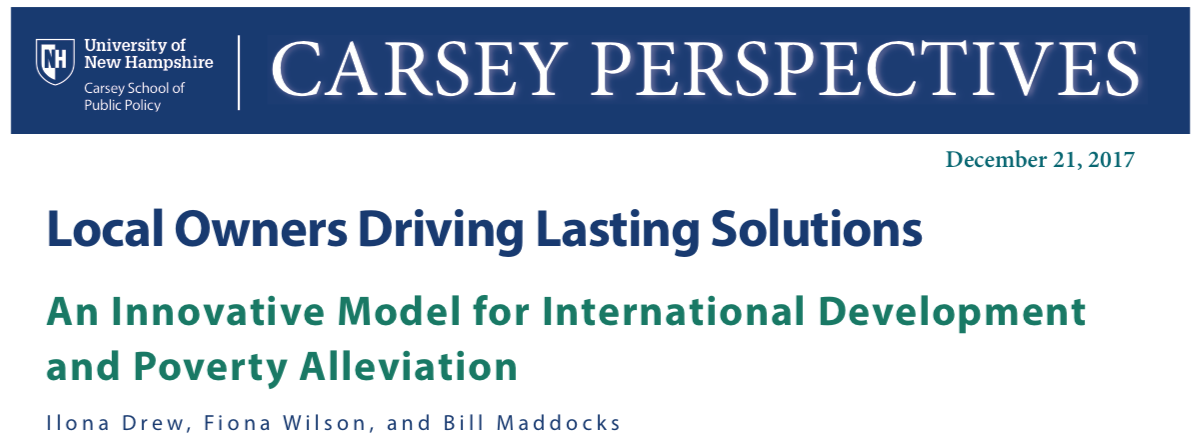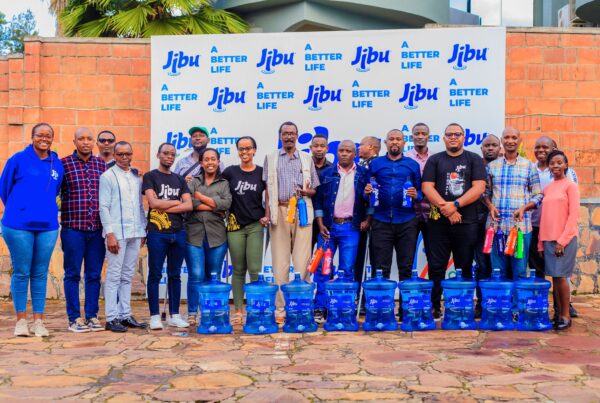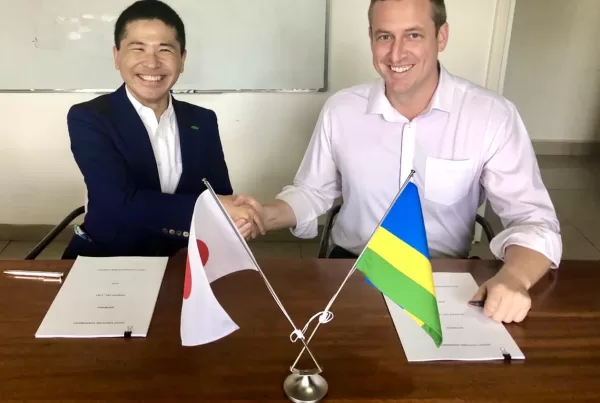Carsey Perspectives: Local Owners Driving Lasting Solutions
KEY FINDINGS
SUMMARY
As outlined in the United Nations’ Sustainable Development Goals, there is an urgent need for mechanisms that effectively scale proven interventions for tackling some of humanity’s toughest challenges (United Nations 2015). While there are exemplary models that have proven to be highly effective, there are relatively few examples that have achieved large-scale replication.
The application of business format franchising, one of the most popular and successful commercial business models over the last several decades, has recently emerged as a potentially effective and efficient approach to addressing societal challenges at scale. Social sector franchising harnesses business format franchising to reach large numbers of customers with necessary social goods and services. Social sector franchises are emerging around the globe, and are represented in diverse fields such as health care, clean water and sanitation, clean energy, and education.
This case study provides an overview of one such social sector franchise, Jibu. Jibu seeks to simultaneously provide lasting access to affordable drinking water and to contribute to economic development through a network of locally-owned franchise businesses in East Africa and beyond. This case study provides an overview of Jibu’s business model, operations, and approaches (Box 1).
As of December of 2017, Jibu has launched 200 businesses (more than one per week) across Rwanda, Uganda, Kenya, and Zimbabwe since January 2015. Jibu franchisees have produced more than 45 million liters of safe drinking water during this time, serving consumers who on average earn less than $5/day (www.jibuco.com).






